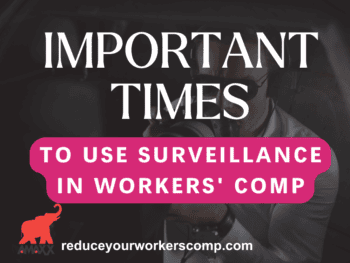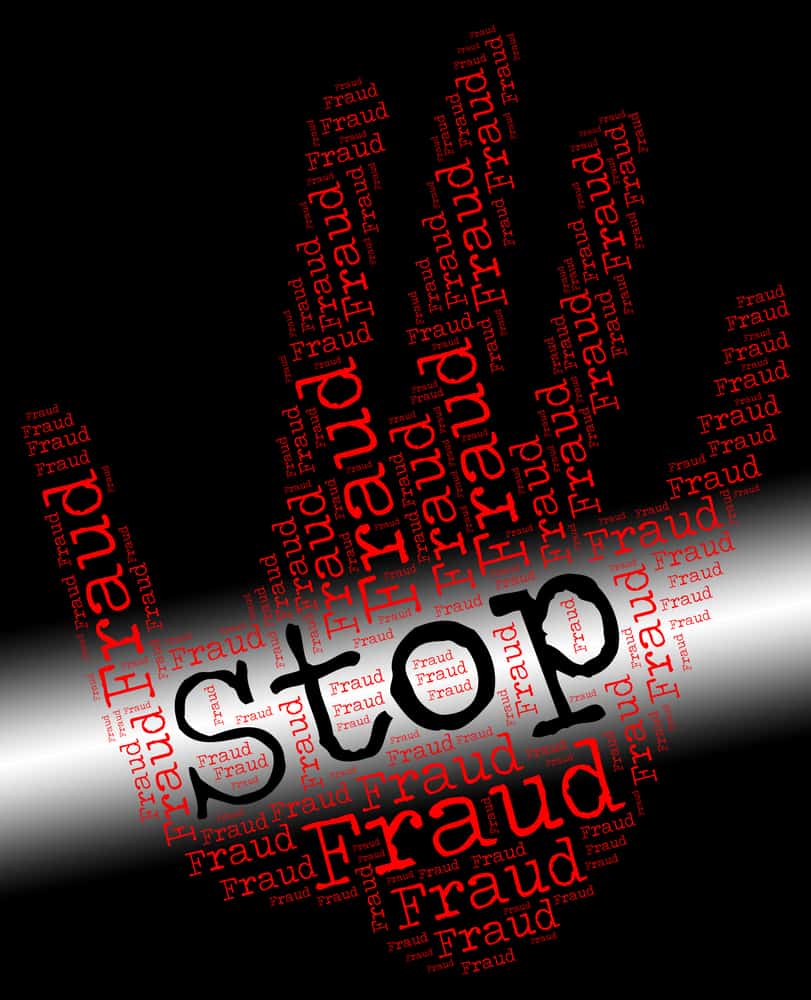Social media is popular with a majority of Americans. The use of these outlets cover all spectrums of society with people willing to share with friends and strangers their professional accomplishments and personal events. Facebook, Twitter, LinkedIn, Instagram—all are used by millions of Americans on a daily basis. This treasure trove is a great source of investigation materials that should be utilized—and done so in an ethical manner when investigating a claim.
Social Media by the Numbers
Social media has its origins since the dawn of the Information Age. This shifted into high gear in the 1990s with the rise of popular sites such as MySpace, Facebook and Twitter. It is now something that impacts all aspects of American life as politicians, athletes and government organizations run accounts to project their message.
- There are the same amount of videos watched online each month as there are stars in the galaxy.
- Facebook now has over 900 million users, over double the number of dogs in the world.
- Bloggers write a casual 2 million posts a day, enough for each American prisoner.
- 294 billion emails are sent every day. That is an email for each cent people spent watching Avatar at the box office.
- One million accounts are added to Twitter every day, the same number of pixels in a 1024×800 screen.
Why Should Claims Handlers Care About Social Media?
We are well into the Information Age. More and more people are using social media. Its usage is not limited to Millennials. All generations are using some form of social media.
Social media is essentially a permanent, electronic paper trail. As the popular saying goes, “What happens in Las Vegas stays on Facebook!” Even if you delete a post or picture on most social media platforms, a permanent record is saved, which can be re-posted by friends, family and even strangers—regardless of security or privacy settings. This creates a great opportunity for claim handlers to research a claimant’s actions.
- Cost effective form of surveillance: Social media allows someone to obtain background information without them knowing. It can also be used to check the honesty and integrity of a claimant’s sworn statements.
- Discovery: Social media can be used to monitor post-injury activities or a claimant. It can also verify the limitations or severity of their injury.
- Legal ramifications: Use of social media is not limited to the claimant. It can also verify the credibility of witnesses. In other instances, it has been used to substantiate facts of case such as damages and liability issues.
Will You Be My Friend?
Defense attorneys and members of the claims management team are subject to ethical and legal considerations when using social media for claims investigation.
Ethical Considerations for Attorneys (ABA Model Rules of Professional Conduct):
- RULE 1.6: Confidentiality of Information;
- RULE 4.2: Communication with Person Represented by Counsel;
- RULE 4.3: Dealing With Unrepresented Persons;
- RULE 5.3: Responsibility for Non-Lawyer Assistants; and
- RULE 8.4: Misconduct.
While a member of the claims management team is not subject to rules of conduct for attorneys, actions inconsistent to them can result in fines, sanctions and adverse judicial findings. Issues that defense stakeholders should consider include:
- Prohibitions on using third-person to contact witness to obtain information.
- Prohibitions on contacting someone employed by a company that is represented by an attorney.
There are no rules or regulations that prohibit an attorney or claims hander from accessing public pages of another party’s social networking website.
Author Michael Stack, Principal, COMPClub, Amaxx LLC. He is an expert in workers compensation cost containment systems and helps employers reduce their work comp costs by 20% to 50%. He works as a consultant to large and mid-market clients, is co-author of Your Ultimate Guide To Mastering Workers Comp Costs, a comprehensive step-by-step manual of cost containment strategies based on hands-on field experience, and is founder of COMPClub, an exclusive member training program on workers compensation cost containment best practices. Through these platforms he is in the trenches on a working together with clients to implement and define best practices, which allows him to continuously be at the forefront of innovation and thought leadership in workers’ compensation cost containment. Contact: mstack@reduceyourworkerscomp.com.
©2016 Amaxx LLC. All rights reserved under International Copyright Law.
Do not use this information without independent verification. All state laws vary. You should consult with your insurance broker, attorney, or qualified professional.













